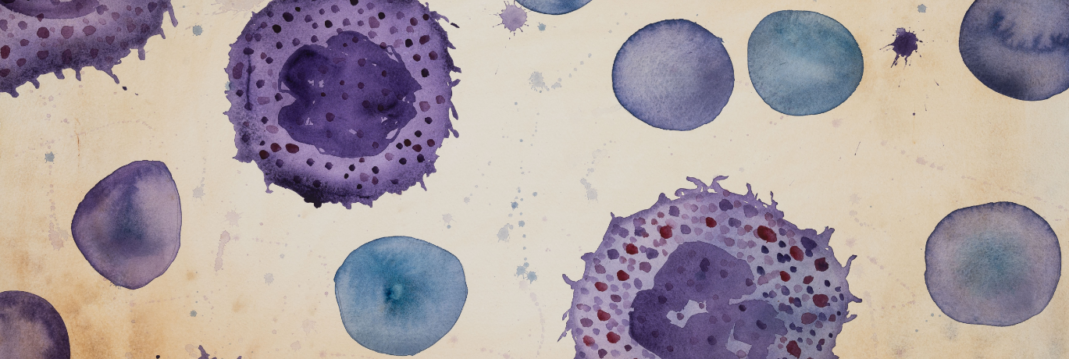Ultraviolet-radiation-induced inflammation promotes angiotropism and metastasis in melanoma
Bald T., Quast T., Landsberg J., Rogava M., Glodde n., Lopez-Ramos D., Kohlmeyer J., Riesenberg S., van den Boorn-Konijnenberg D., Hömig-Hölzel C., Reuten R., Schadow B., Weighardt H., Wenzel D., Helfrich I., Schadendorf D., Bloch W., Bianchi M.E., Lugassy C., Barnhill R.L., Koch M., Fleischmann B.K., Förster I., Kastenmüller W., Kolanus W., Hölzel M., Gaffal E., Tüting T.
Nature Letter. 2014
The authors report that repetitive UV exposure of primary cutaneous melanomas in a genetically engineered mouse model promotes metastatic progression. UV irradiation enhanced the expansion of tumor cells along abluminal blood vessel surfaces and increased the number of lung metastases, depended on the recruitment and activation of neutrophils. In a static cell adhesion assays, cells were allowed to adhere to various matrices: fibronectin-1, collagen type I, collagen type IV, laminin-111 (Sigma), laminin-411 or laminin-511. An inflammatory environment promotes the ability of mouse and human melanoma cells to migrate towards endothelial cells and use selective motility cues on their surfaces.

Talk to our team for customized support
We are here to help you in your journey.